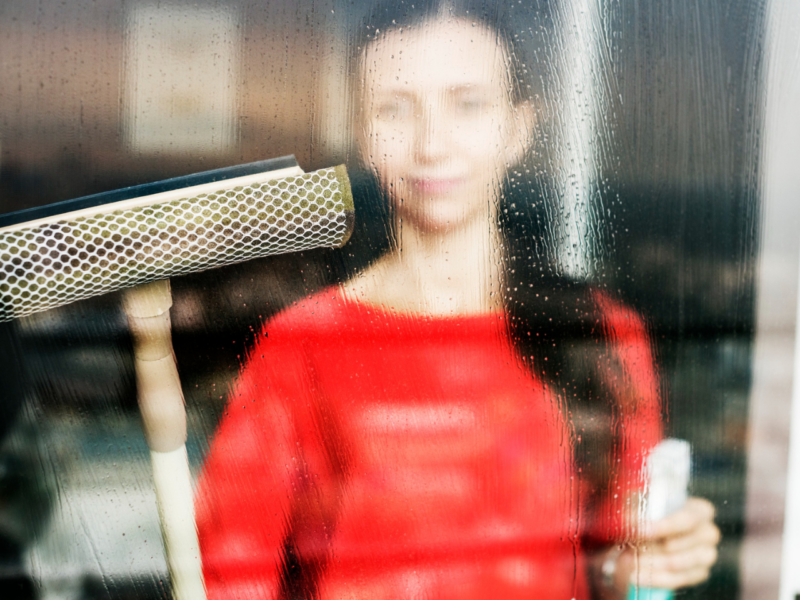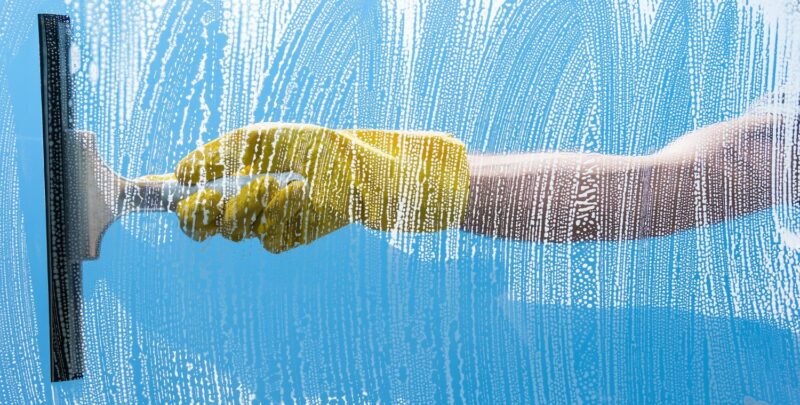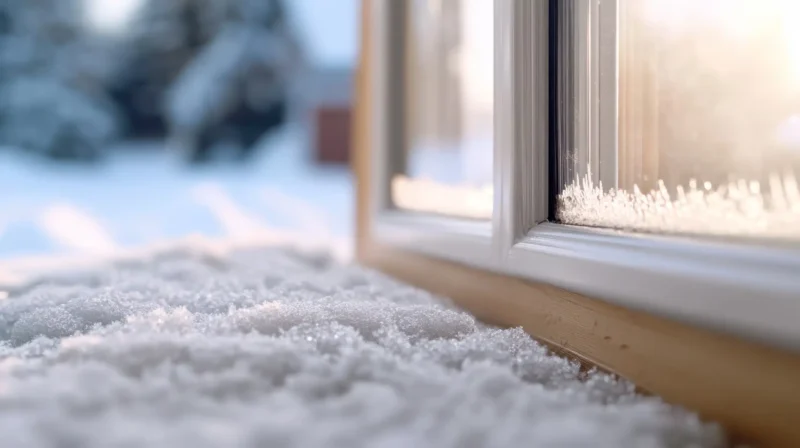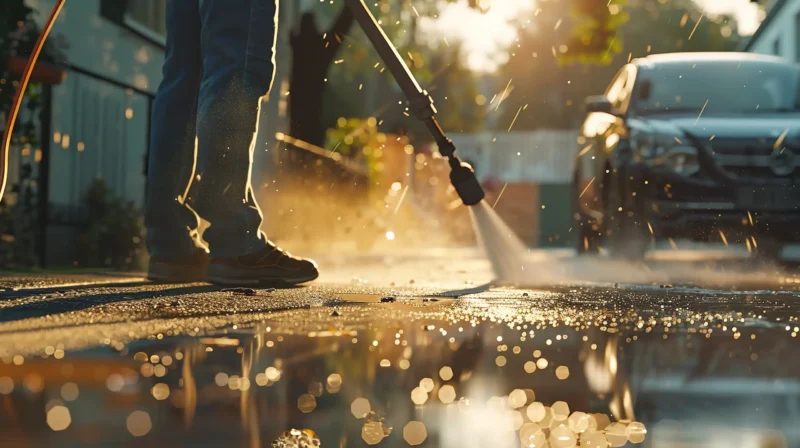Nobody likes hard water stains, but if hard water is the norm in your area, hard water stains on your window are a real risk.
Hard water is high in mineral content like magnesium and calcium. When hard water is on the window, the water evaporates, leaving behind mineral deposits. These mineral deposits eventually dry and harden, creating a thick whitish glaze on your window.
Preventing hard water stains
The only way to prevent hard water stains is to avoid using hard water. Hard water can be softened by boiling, using chemicals, or introducing filters.
But sometimes, using soft water is not feasible. In such scenarios, you must regularly clean your windows the right way to remove hard water stains.
How to remove hard water stains
- Alcohol
Alcohol is perfect for removing mild hard water stains. Mix one part of alcohol with one part of water. Apply the mixture to the glass with a soft cloth. Scrub the window with a soft cloth to remove mineral deposits. Rinse the surface with soft water and dry with a squeegee or microfiber cloth.
- Cleaning paste
Create a thin paste by mixing one part of water with three parts of baking soda. Ensure the mixture isn’t too watery. Apply the paste to your window using a soft cloth and scrub in circular motions. If only a few spots are stained, you can use non-gel fluoride toothpaste instead. Then spray the window with vinegar and rinse the window with soft water and dry with a microfiber cloth or squeegee.
- Get professional help
Getting rid of hard water stains can be difficult if you’ve neglected window cleaning for a long time. That’s when it’s best to seek help from professional window cleaners. They will use the safest and most efficient approach to eliminate stains.




